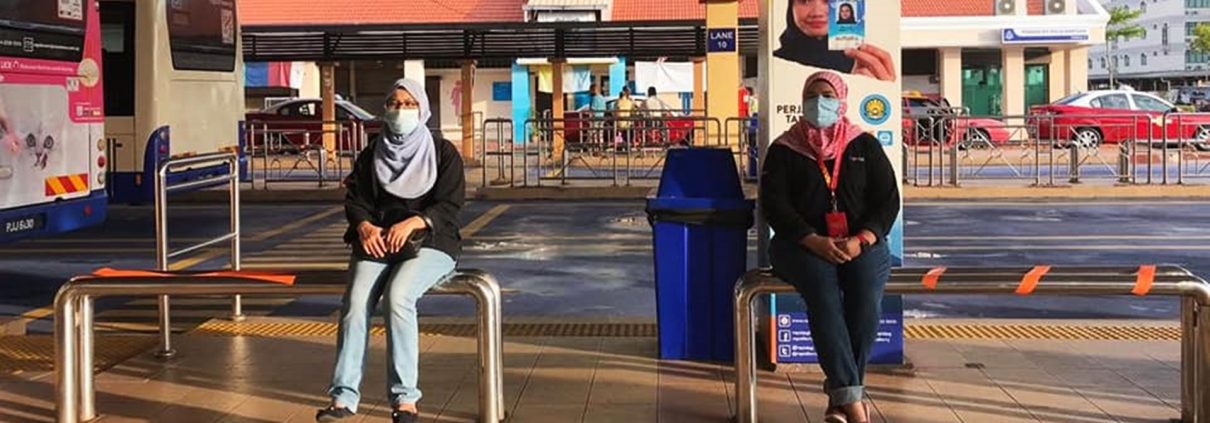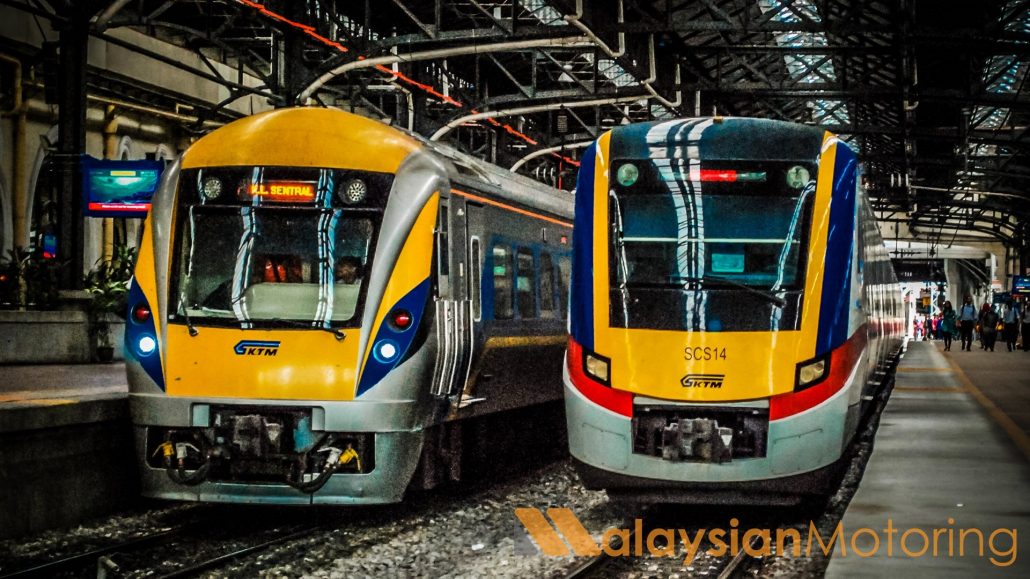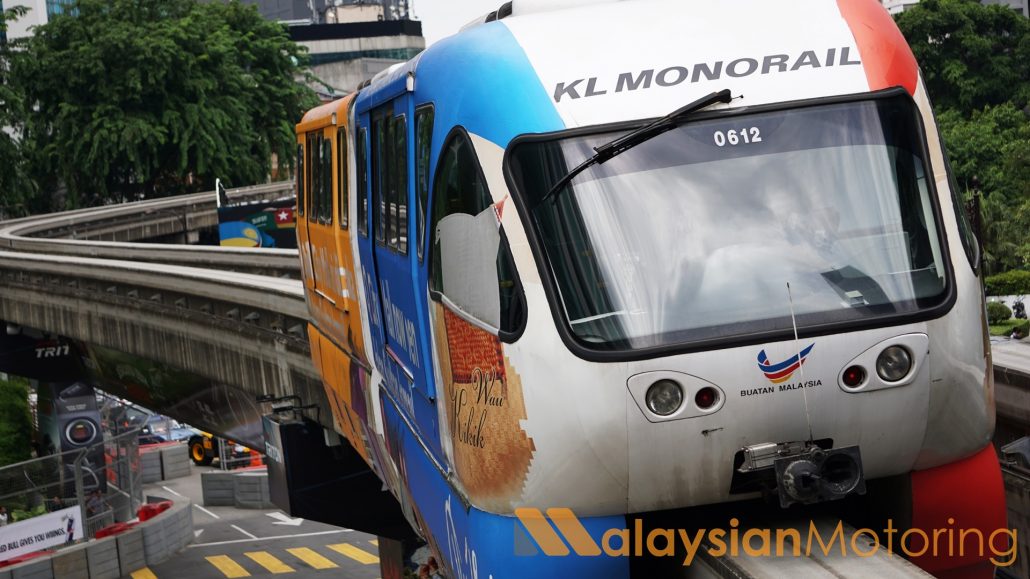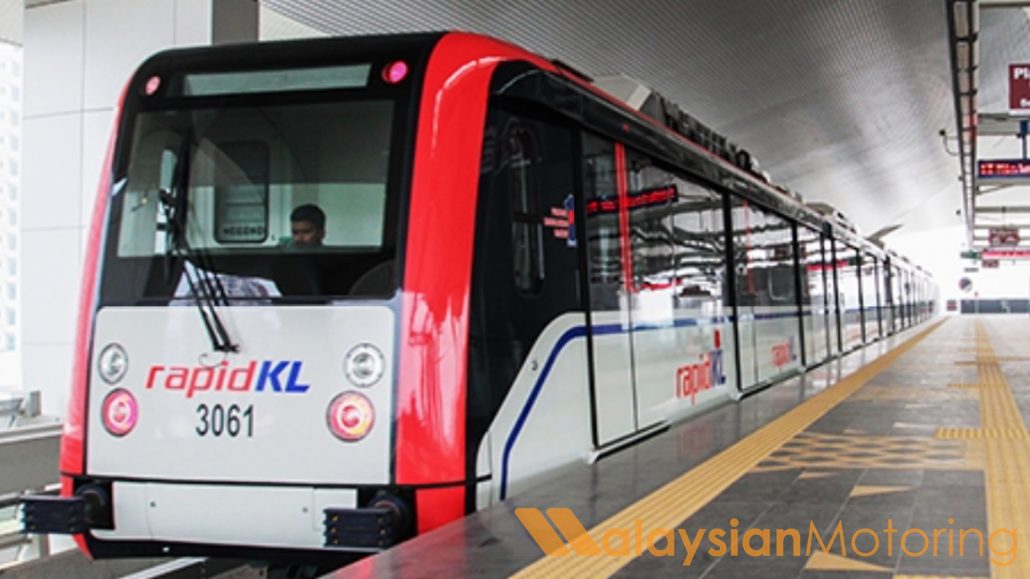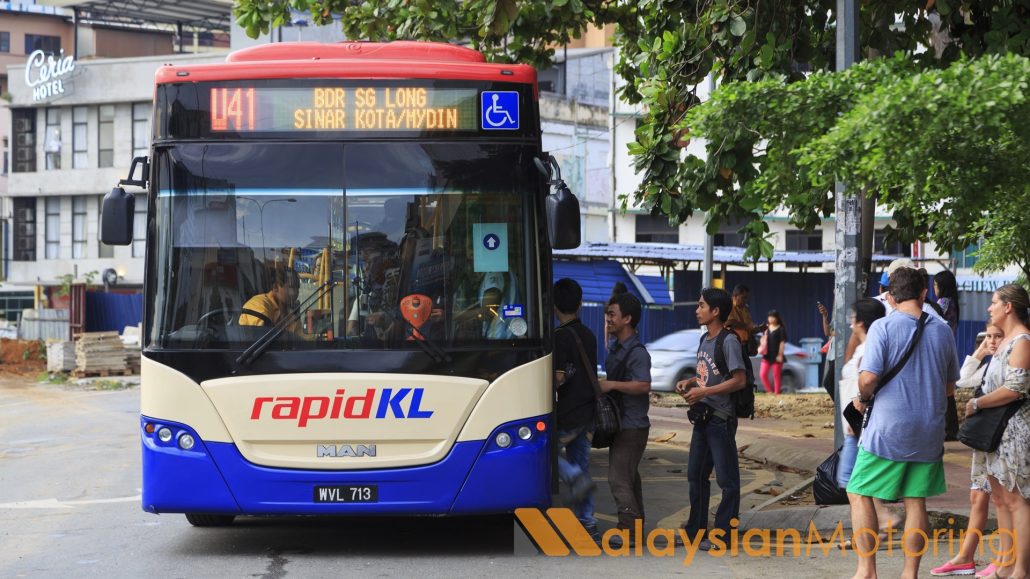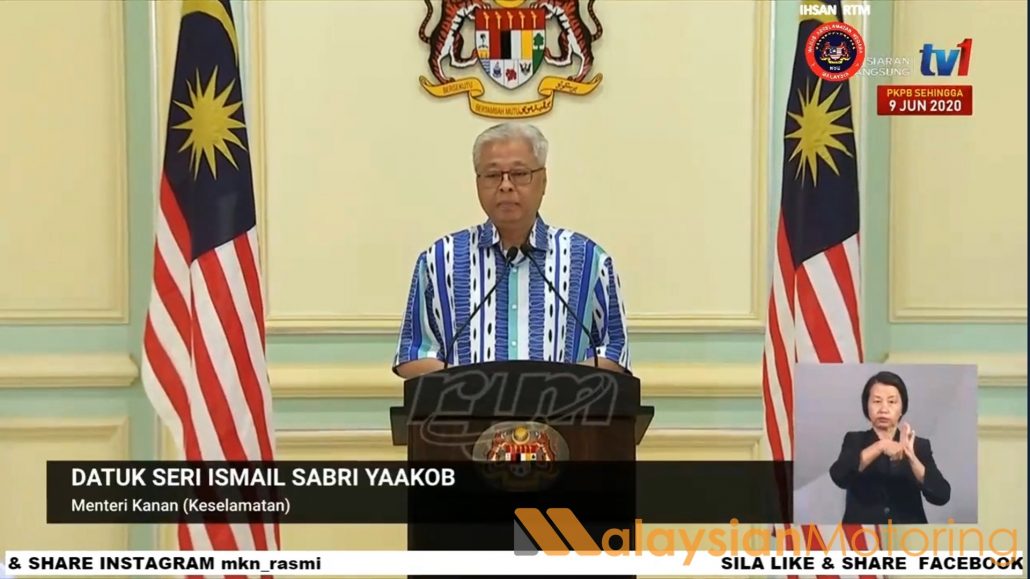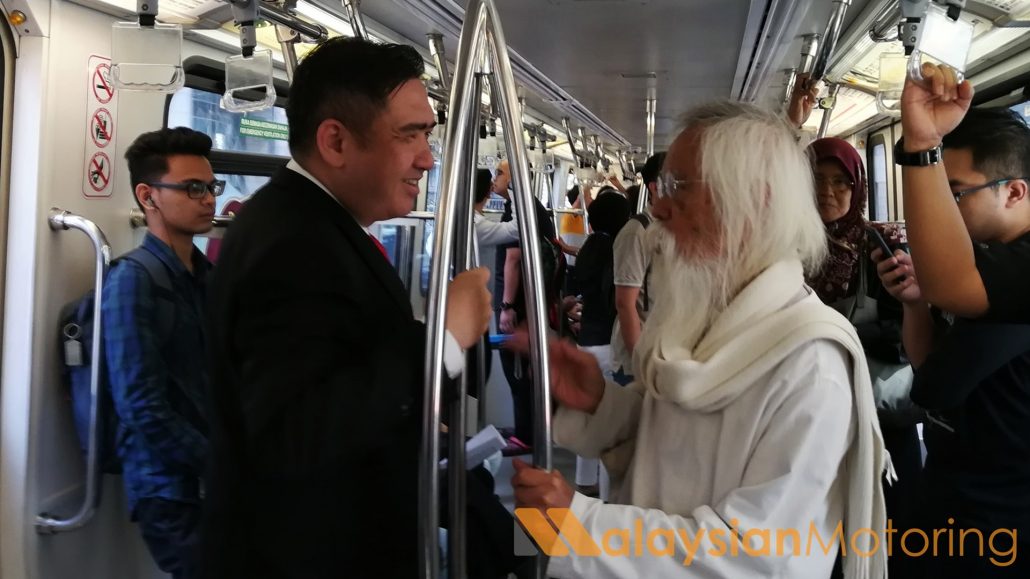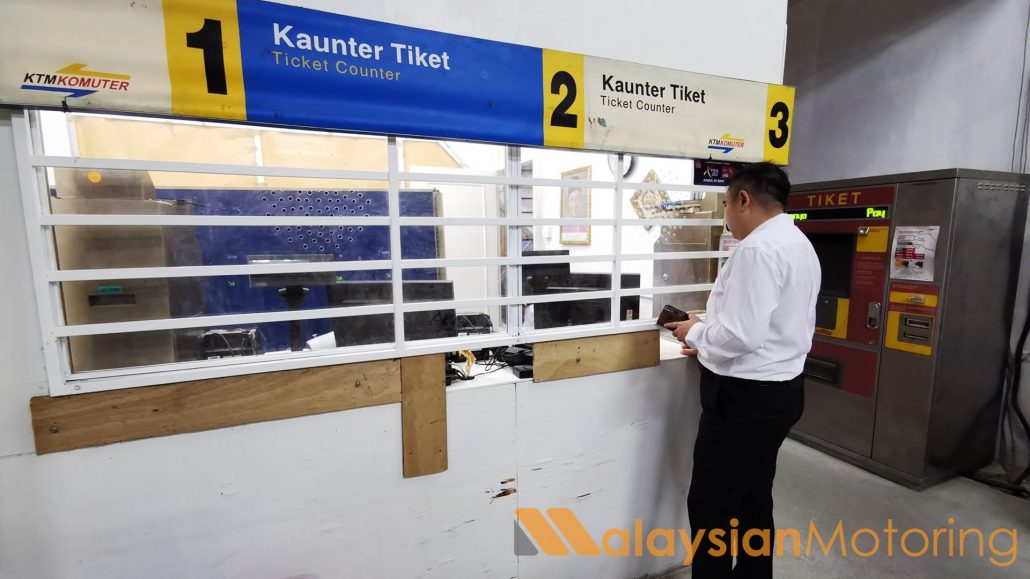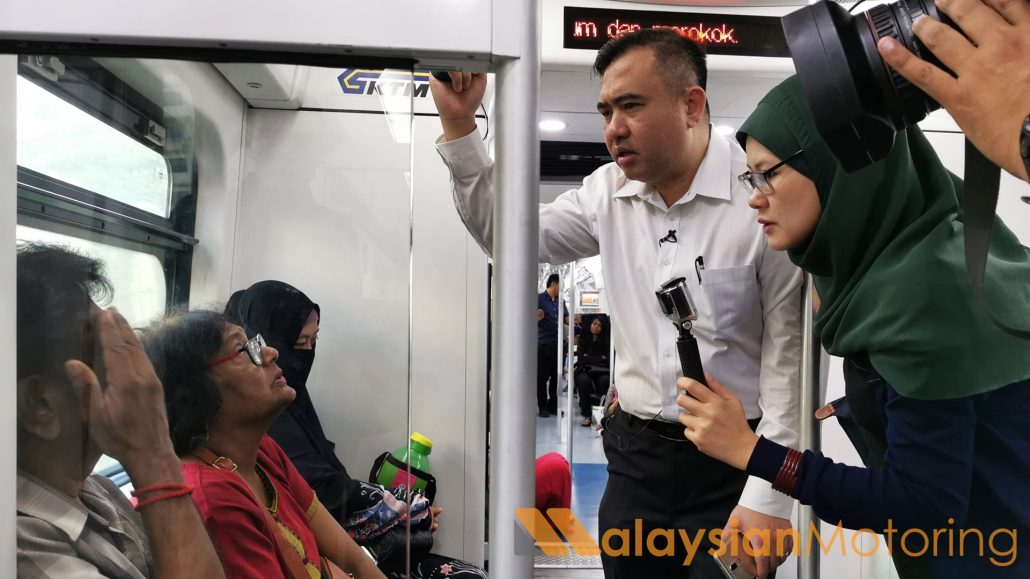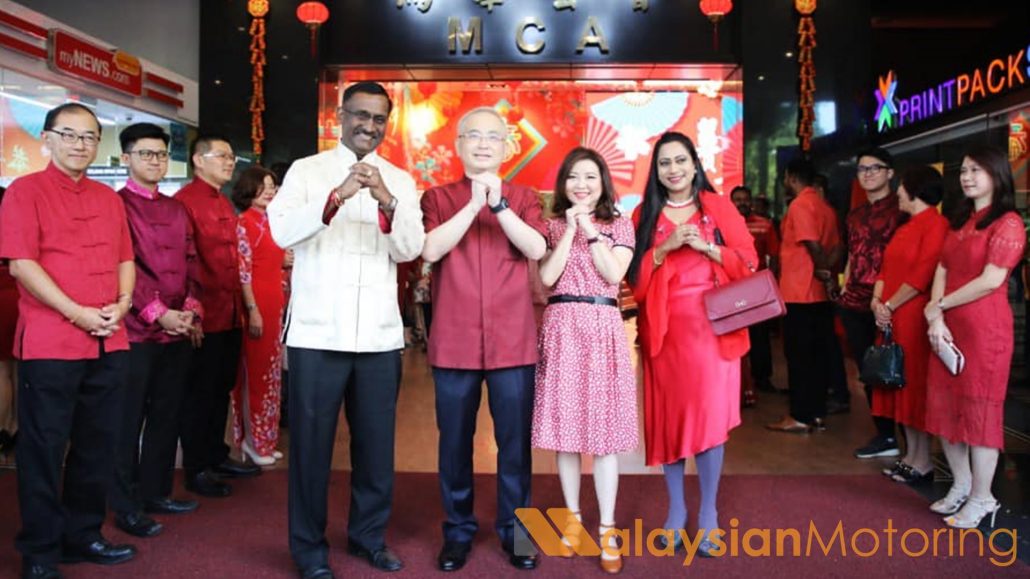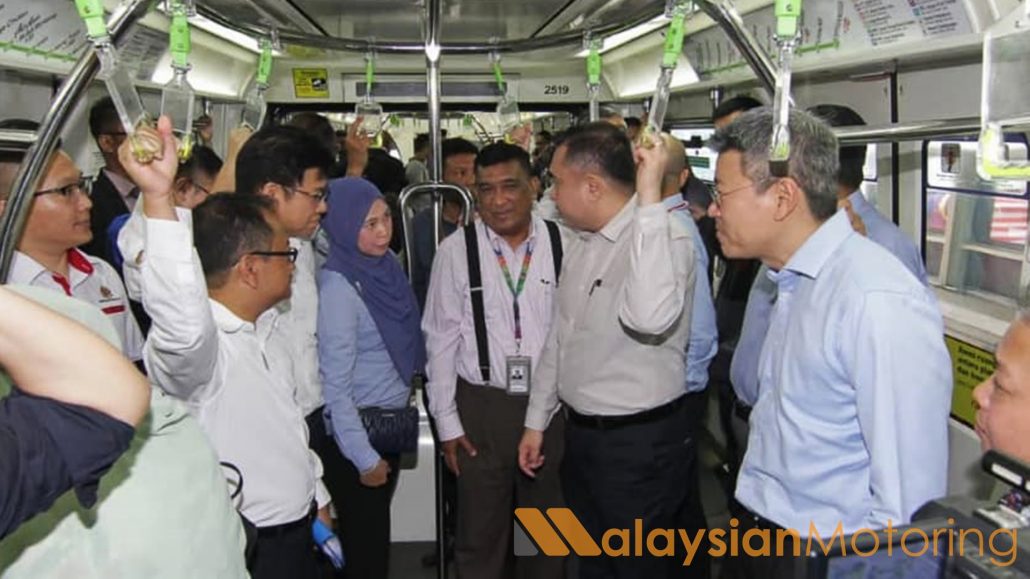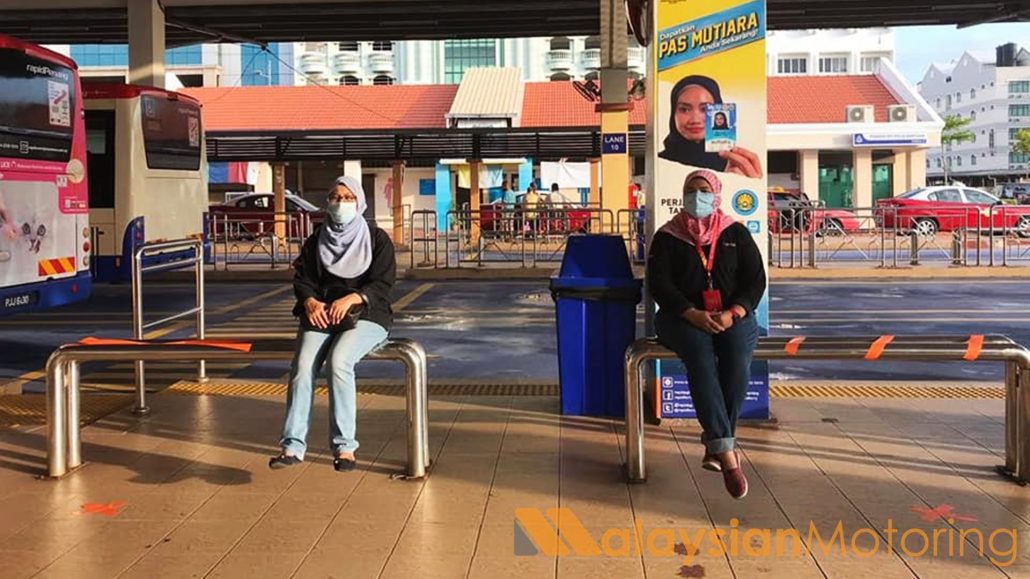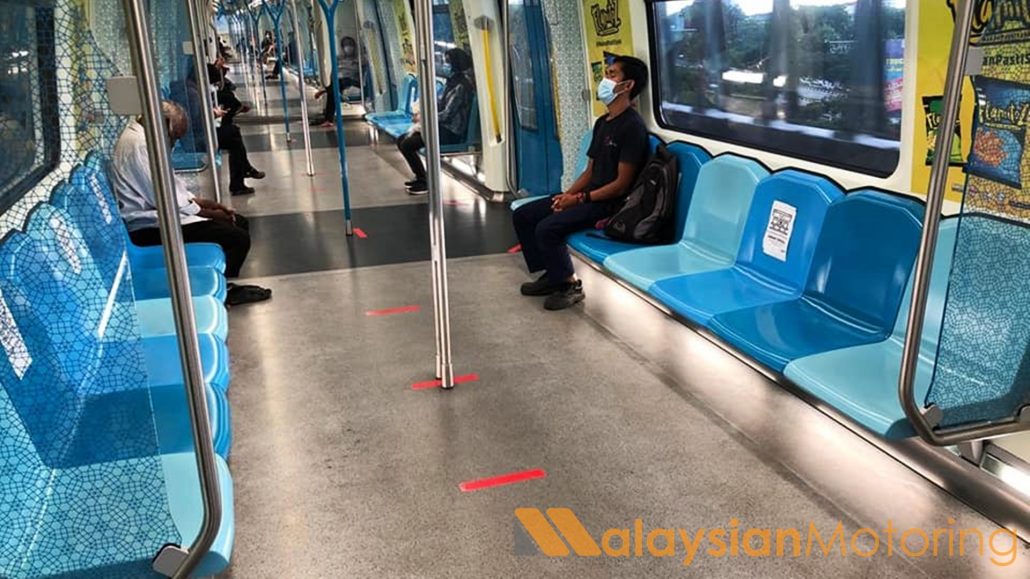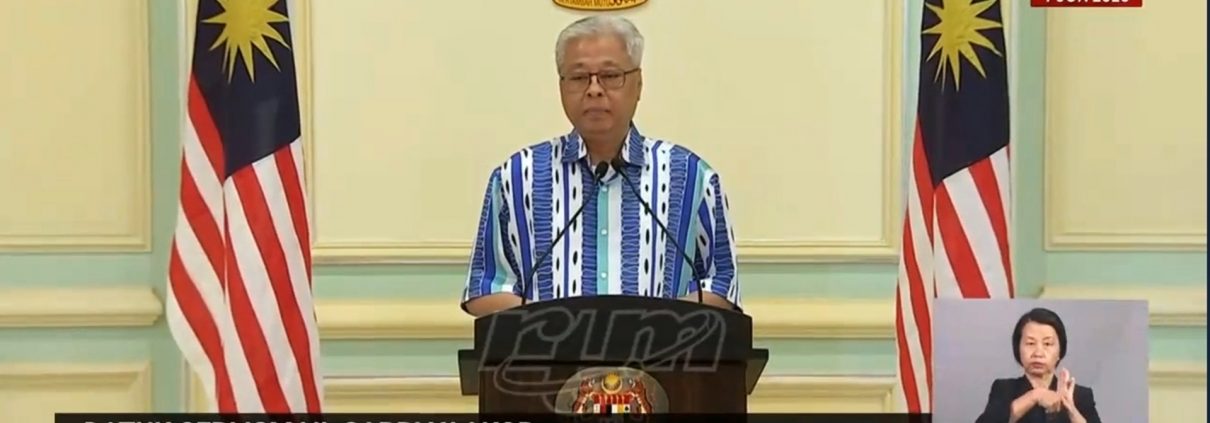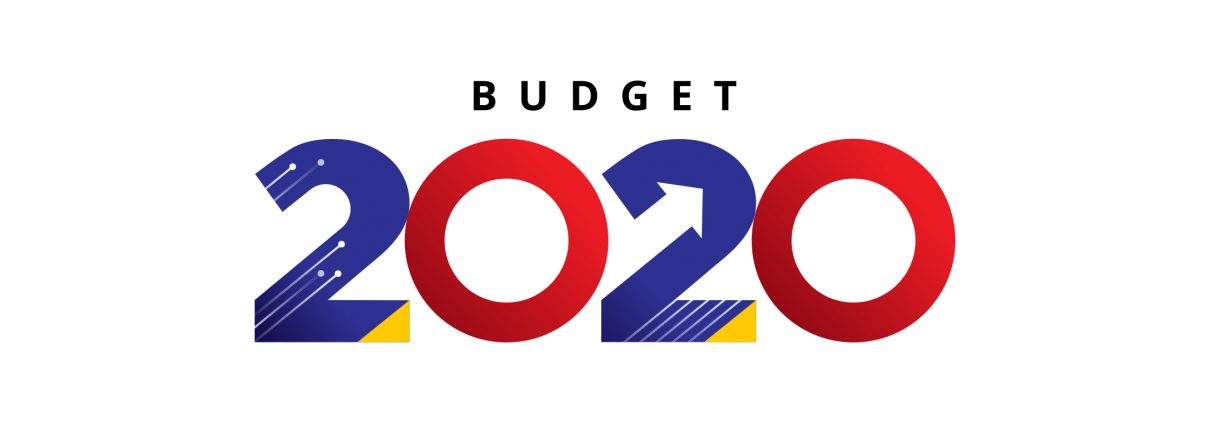OP-ED: Hike On Public Transport Fares A Regression We Cannot Afford
It is day 58 of the Malaysian Movement Control Order, a measure taken under the Prevention and Control of Infectious Diseases Act of 1988 and the Police Act of 1967 in order to stop the continued spread of the much-feared COVID-19, which began on the 18th of March and is tentatively expected to be removed on the 9th of June.
I certainly hope that you are keeping well, safe, and at a distance from others. Truly, the fate of the nation and its people lies in our hands, so act responsibly.
In my role here at MalaysianMotoring as the ‘captain of the ship’ as it were, I have remained as apolitical & apathetic as possible to the plights of the Government of the day. You don’t come here wanting to read about politics, as you’d much rather get that from the more experienced and learned pundits at The Star, The Edge, the New Straits Times, or The Sun. No, you come to MalaysianMotoring because, as its name suggests, you are a Malaysian that is interested in motoring. And so that is the content the publication and I deliver.
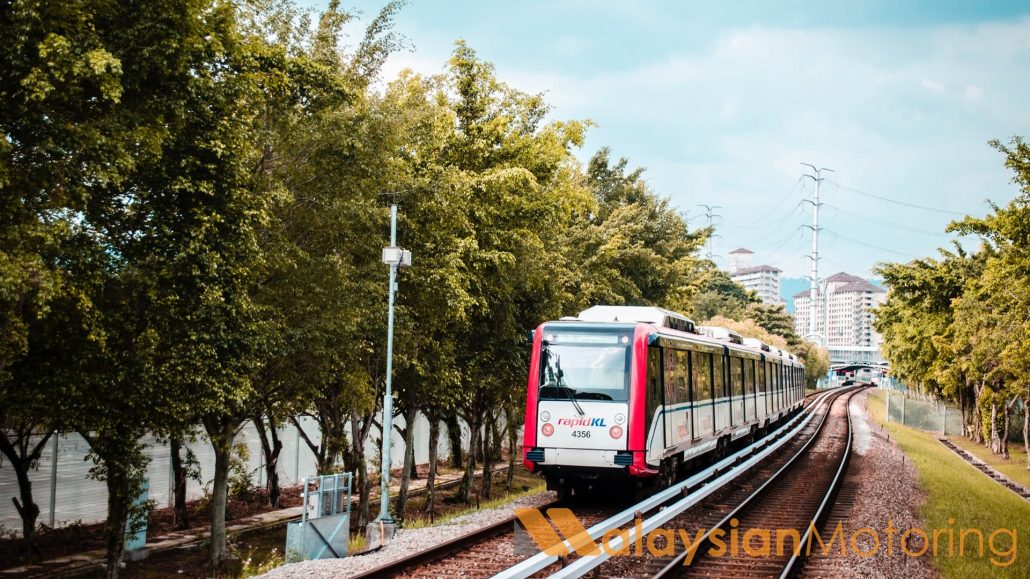
But, things have changed dramatically since we began in 2015. Suddenly, it’s not all about cars anymore. It wasn’t that long ago that we were warned as children not to speak to strangers but today we willingly let teenagers leave the house and get into a car with a stranger at the wheel tasked to bring them to their destination, with the only recourse coming from a virtual button in an app. And so we have responded to that change by including industry & legislative news, as well as updates on public transport.
And it is on the matter of public transport that I am moved, or rather required by duty to the nation as a paid-up and ever-grateful citizen of a functioning democracy, to say my piece. I say this not only as an editor of a publication, but also as a public transport user myself: It is a known fact that I have been without my own car for about three years now, and I am heavily reliant on public transport to get around. I have a deep adoration for trains and busses and a fascination with rapid-bus systems like the Sunway BRT, but I will refrain from getting sidetracked.
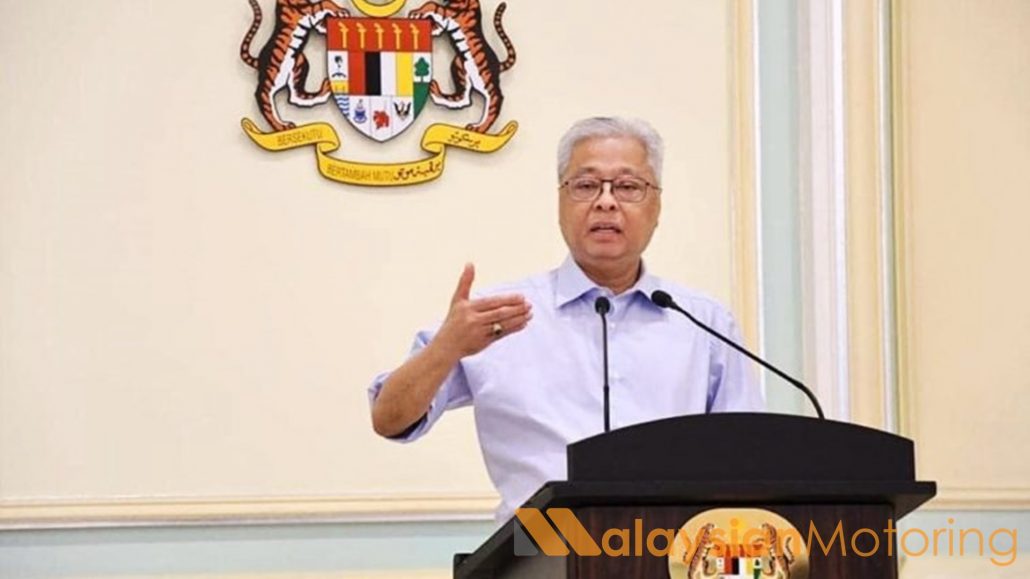
During his daily media address, which is limited to ‘official media’ only of which neither myself nor MalaysianMotoring belong to, Senior Minister of Security and Minister of Defence Datuk Seri Ismail Sabri Yaakob revealed that the Ministry of Transport is studying a proposal to hike the fares on public transport in order to stem its operators losses as a result of the ongoing pandemic. The media present were not genuinely given the opportunity to ask the Minister questions on the matter, but he said of his own volition that he doesn’t want to see operators shouldering heavy losses and that the matter would be discussed in some special jawatankuasa of some kind.
I say this without fear or favour, but our public transport system has been quite lacking for some time now. As a frequent user however, I can report that changes & improvements across all forms of public transport, be it KTM Komuters, LRTs, Monorails, and busses have been felt in more recent years. Frequency has been improved, security is now more robust, and their reach has also been subject to frequent audits & revisions to ensure that more and more people are covered by their service. This was in keeping with the former administration’s intent to ensure that urban Malaysians especially would always have a reliable and dependable public transport option to get them where they needed to go.
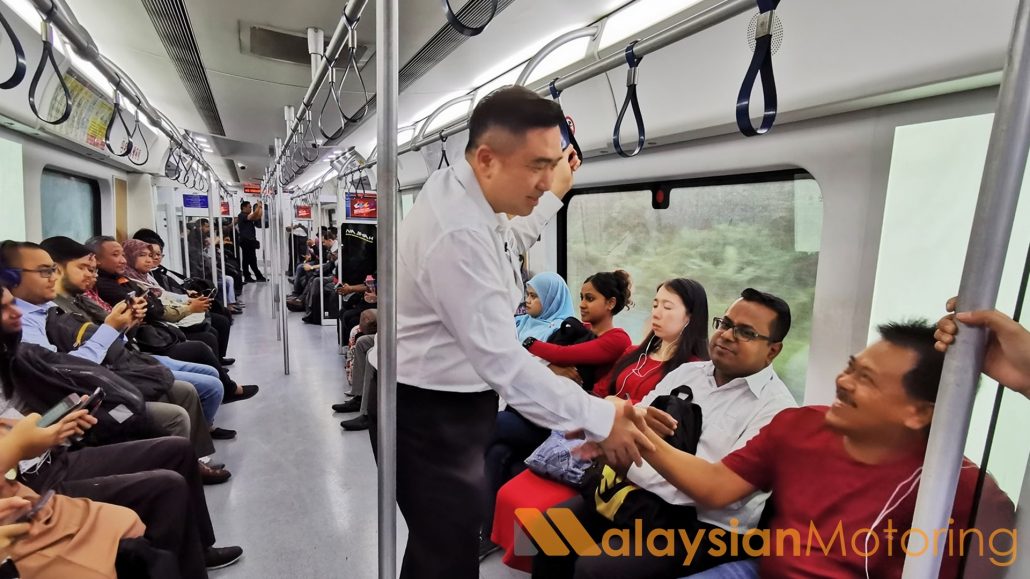
One of the most lauded moves by the previous Minister of Transport, the honourable Anthony Loke Siew Fook, was to ensure that transport was accessible to all. To that end, he first launched the MY50 and MY100 monthly travel passes under Prasarana Malaysia Berhad (operators of Rapid Bus, Rapid Rail, and Rapid Ferry services) to boost ridership, encouraging the use of public transport as a cost- and time-efficient alternative to driving to-and-from work on a daily basis. He also went on to launch the KTM X20 card for KTM Komuter services, which added a 20% discount on top of the 20% discount offered by Keretapi Tanah Melayu Berhad for cashless transactions, making a total of 40% off the going fare. These two initiatives practically halved the total cost of public transport for daily users, and increased the attractiveness of our public transport system as an alternative to private vehicle ownership.
The former Minister of Transport also took operators to task, conducting random spotchecks on facilities and services whenever his schedule allowed. The Minister notably chided KTM for its large number of inoperable ticketing & card-reloading machines, and Prasarana Malaysia Berhad for its much-delayed restoration of 4-car monorail sets. Since then KTMB has improved the quality & reliability of its machines, and Prasarana has returned some 4-car monorails back to active service in the fleet, among many other improvements to their systems overall.

However, it seems that the current sitting Minister of Transport, the honourable Datuk Seri Wee Ka Siong is looking to undo the work of his predecessor to boost ridership and improve the long-term sustainability of the public transport network by hiking fares. This announcement was made by Senior Minister Ismail Sabri, and was not accompanied by the now-normal social media flurry that usually comes whenever an announcement is made on behalf of a ministry. Perhaps I am indeed a millennial in expecting my elected representatives to be available for discourse & criticism in the most public of public spheres, but the Minister of Transport has been notably quiet.
The issue is simple: Operators are losing money due to low ridership during the Conditional Movement Control Order, which is understandable, given that our Prime Minister himself said less than 45% of the total workforce has returned to work. However, historically, our public transport utilisation has always been markedly low, with many Malaysians preferring to clog our burdened road network due to the perception that somehow taking public transport somehow makes them lesser people, no doubt the result of excellent marketing & communication on our part following the establishment of the local automotive industry.
It is a known fact that many of our public transport systems, including the MRT, will fail to break-even on operating costs for years to come if we were to believe the ridership projections wholesale. I invite you to do your own reading on the matter – it is really quite remarkable.
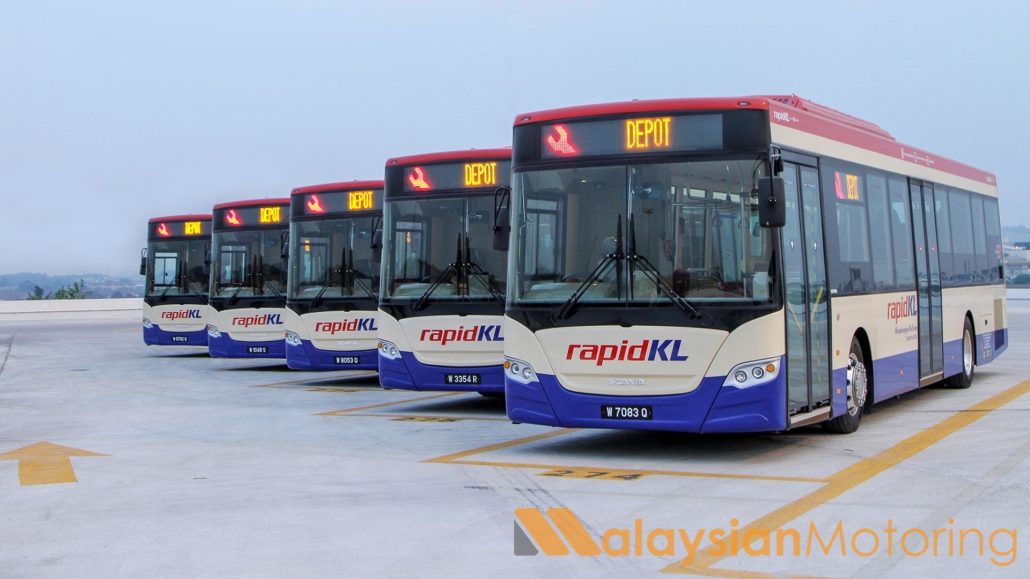
As such, it is clear to intelligent people like you and I that the issue here isn’t with the cost of the service, but the ridership. At a time where the Government ought to be doing what it can to ensure that affordable, reliable public transportation is available to a wider network of people to boost ridership & usage as well to as offset the financial burden of private transportation, it is instead inviting people to consider the costs involved and make the obvious choice to use the cars they have, if they have them. There has been little concern by this administration towards the plight of those who have no choice but to use public transport, despite their posturing of Mak Cik Kiah and her husband being the primary drivers of their initiatives.
While many of you whom like myself take public transport by choice, and are afforded the option of using more costly e-hailing services from time to time, or are in fact car owners and merely use public transport as their primary commute option to pinch pennies, there are also many who are fully dependent on public transport because they have no other option. Raising public transport fares would make the M40 demographic (of which I believe I am part of) opt to simply take their cars to work because the nominal saving isn’t worth the hassle. Additionally, it would make members of the B40 category shoulder undue & unjust burden on top of the scuppering of day wages & trading opportunities as a result of this pandemic.
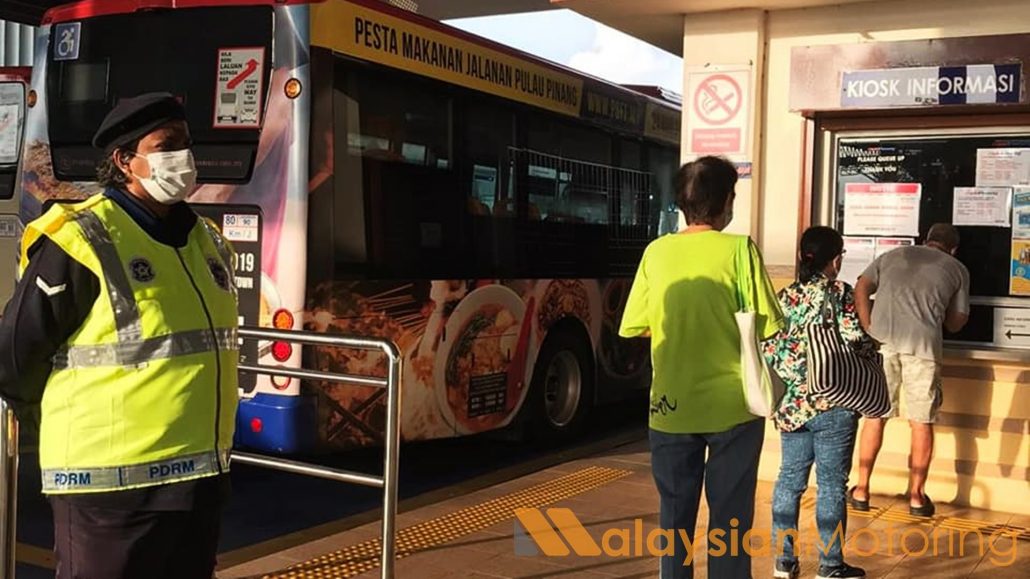
It is my express opinion that the raising of public transport fares would only serve to prove how tone-deaf and out-of-touch this administration is with its people. While steering clear of the other mistakes made by the government of the day, this particular move will hurt far more people than it will benefit. And to my reckoning, the only benefiting parties are the public transport operators, who maintain near-monopolies on the industry with no major threat of competition. And in addition to that, aren’t essential businesses like public transport operators entitled to Government subsidies and backed loans should they fail to manage their finances prudently?
Is it not a greater priority of the Minister of Transport Datuk Seri Wee Ka Siong to ensure that the public continue to be connected from point to point by a reliable transportation network during this time of unparalleled economic & financial hardship, than it is to ensure that the salaries of people like Pasir Salak MP Tajuddin Rahman continue to be paid, as the recently and hastily appointed chairman of Prasarana Malaysia Berhad?
Surely shareholder dividends and director emoluments are the lowest possible concern at this time, where Malaysians are digging into their already-tight pockets to ensure that other Malaysians don’t go hungry or uncared for when they are inevitably left in the lurch by the slow march of the bureaucratic machine as it responds to the greatest threat to public health and the economy that we’ve seen in a generation?
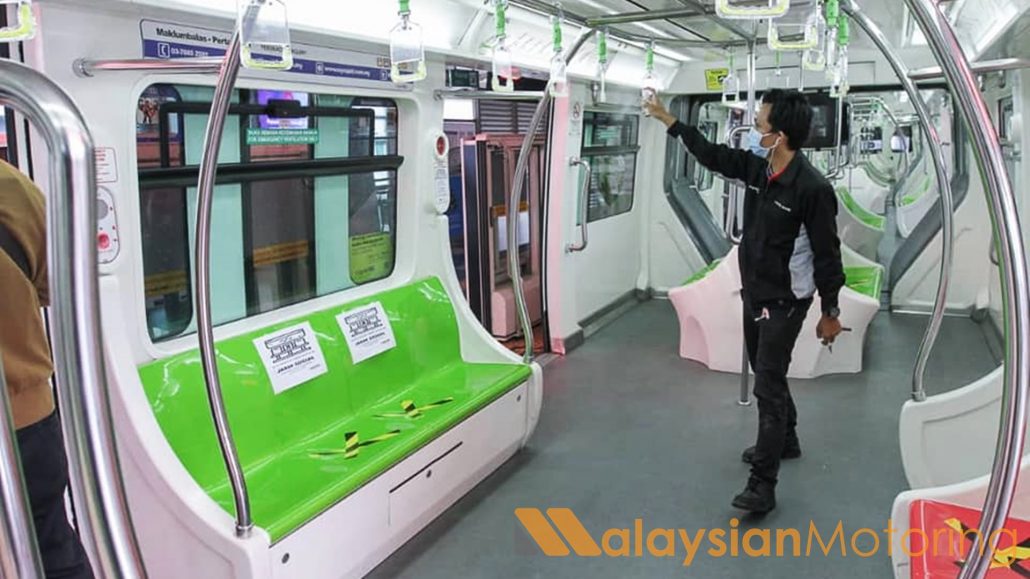
Surely, if the political appointees this Government has placed into countless government-linked companies donated their GLC salaries to the COVID-19 fund, there’d be enough slush left in there to ensure the people don’t get burdened unnecessarily?
Or, do the interests of the few outweigh those of the many in this “democratically appointed” Government?
The solution here is clear. Ridership needs to be improved and dramatically at that, and there is no better time to do so like the present. With Malaysians concerned over financial security and personal cashflow, it is the most prudent time to make our public transport system the viable, reliable, affordable alternative to personal travel that it should always have been. And if we take this economic regression and pandemic as an opportunity to shore up confidence in the public transport system, the benefits will be reaped for years to come.
The author, Aiman I. Abdullah, is a motoring journalist and editor with more than half a decade’s experience in both local & international automotive media spheres, and is an ardent supporter of affordable, accessible, and comprehensive public transport networks.
He can be found on social media @AimanIAbdullah on Twitter & Instagram, where he enjoys engaging in intelligent discourse in his personal capacity.
Disclaimer: The views expressed in this article are those of the author; They do not necessarily reflect the views of the Publication, its Affiliates, its Parent Company or its Subsidiaries.
Disclaimer: Any reproduction of this article or any of its contents are only permitted with the express permission of the Managing Editor of MalaysianMotoring. Failure to comply will result in legal action.
As always, MalaysianMotoring would like to remind its readers to be safe out there, both on the road and off it. Our success depends on our responsibility to ourselves and each other – our nation depends on it.We thank you for staying home, and staying safe.
#KitaJagaKita


